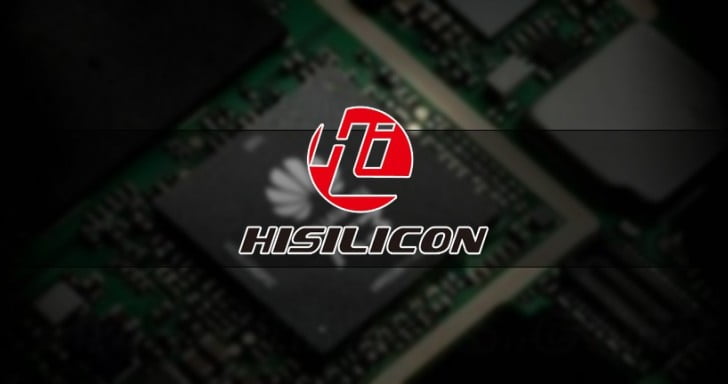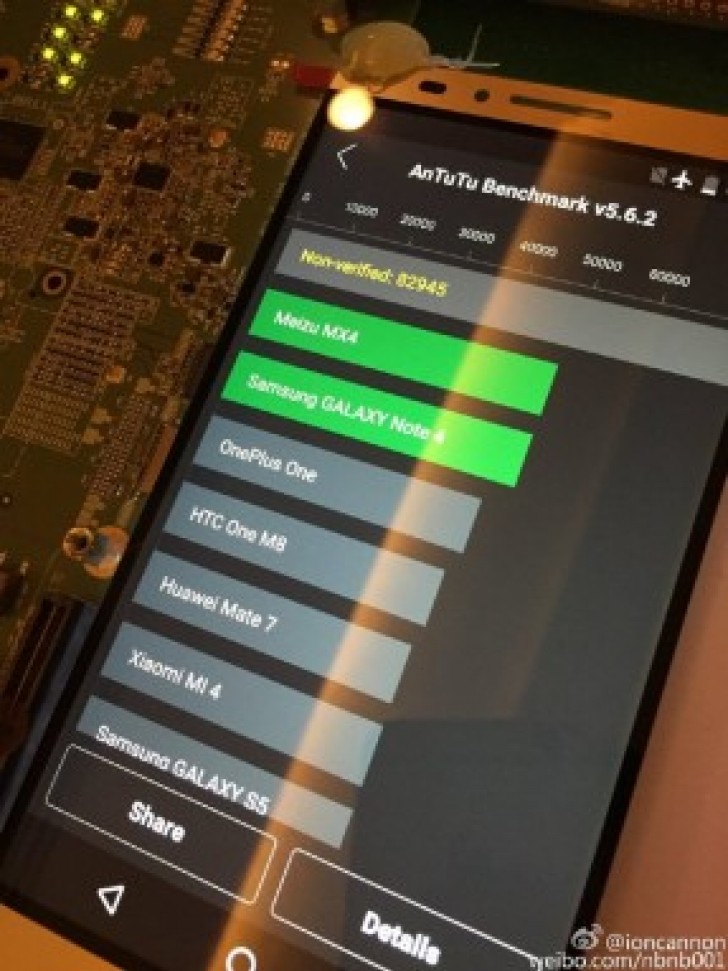
It’s November 5 and sure enough, just as promised, Huawei pulled the curtains on its latest mobile chipset – the Kirin 950. The silicon in question has been generating quite a lot of attention with leaked specs and benchmark scores that promise industry-leading performance.
It appears that the rumor mill got everything right and there are no real surprises in the hardware. The Kirin 950 is an impressive chip indeed, manufactured using a 16nm FinFET process and utilizes flip transistors. The latter entails building transistors vertically, instead of just horizontally, which equates to less power consumption. In fact, Huawei promises a 40% increase in performance and 60% decrease in power needs.

As for the architecture inside the Kirin 950, it is an octa-core CPU, utilizing four high-power Cortex-A72 cores, clocked at up to 2.53 GHz and an additional four power-saving Cortex-A53 ones, working at 1.8 GHz. They are configured in a big.LITTLE setup, providing a lot of flexibility between power and battery consumption on the fly. The Kirin 950 also has a small i5 co-processor, which is always on and helps the device stay constantly aware of its surroundings by monitoring various sensors. It is also a huge improvement over the second-generation i3 chip with power usage brought down from 90 mA all the way to 6.5 mA.

The Kirin 950 also shows great promise in the graphics department. It is equipped with a high-end Mali T880MP4 GPU, said to be twice better in terms of performance, compared to the Mali T880 inside the Kirin 930. Network connectivity is covered by a Cat. 6 LTE, which voice calls should also benefit from, considering Huawei’s new push towards VoLTE. The technology reportedly doubles the audio frequency range and significantly slashes latency.

It is still too early to expect proper performance figures for the Kirin 950, especially before it appears in an end-user device. Still Huawei did show off a stellar test score of almost 83 000 points on AnTuTu with a demo rig. That’s easily the highest we’ve seen from any device so far and means the upcoming Huawei Mate 8 will have some proper power underneath its hood.

[“source-gsmarena”]

